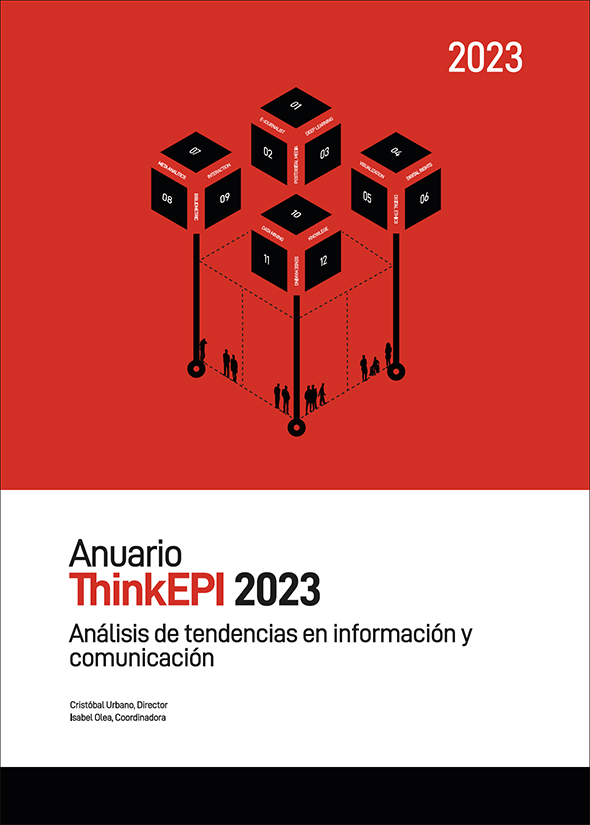Categories of convenience in scientific journals
DOI:
https://doi.org/10.3145/thinkepi.2023.e17a31Keywords:
Thematic Categories, Thematic Classification, Scientific journals, Scientific Fraud, Scientific EvaluationAbstract
In the field of scientific research, academic journals serve as vessels that validate and disseminate discoveries on a global level. However, the misallocation and over-allocation of subject categories by databases, such as Web of Science and Scopus, arise as potential challenges, which can lead to fraud in the form of seeking prominent positions with lower impact. This has been likened to “flags of convenience” in merchant shipping, where ships choose to fly the flags of countries with lax regulations. Such behaviour has a detrimental effect on legitimate journals and distorts merit-based scientific evaluation, skewing it towards convenient categories at the expense of the real issues. Fighting this scientific fraud requires transparency in the allocation of categories, and of course, a critical evaluation of academic works, which should be contextualised in the thematic area to which they belong rather than in those in which they are better positioned.Downloads
Download data is not yet available.
Downloads
Published
2023-10-25
How to Cite
Repiso, R. (2023). Categories of convenience in scientific journals. Anuario ThinkEPI, 17. https://doi.org/10.3145/thinkepi.2023.e17a31
Dimensions
Issue
Section
Comunicación científica y evaluación de la investigación


